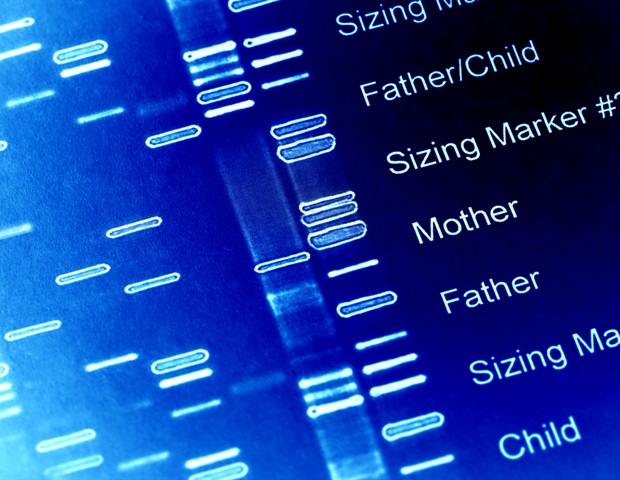Health
Study Reveals 5% of Americans Carry Cancer-Related Genetic Mutations

New research from the Cleveland Clinic indicates that as many as 5% of Americans, equating to approximately 17 million people, carry genetic mutations associated with a heightened susceptibility to cancer. This study, published on March 15, 2025, in the journal JAMA, demonstrates that these genetic variants exist independently of traditional risk factors such as personal or family cancer history.
The research team, led by Dr. Joshua Arbesman and Dr. Ying Ni, conducted an analysis of health records and genetic sequencing data from over 400,000 participants in the National Institute of Health’s All of Us Research Program. This program is recognized as the country’s largest and most comprehensive genetic and healthcare database. Their findings suggest that genetic mutations may be more prevalent than previously understood.
Traditionally, genetic testing has been reserved for individuals with significant family histories of cancer or other high-risk indicators. Dr. Arbesman noted, “Our findings show that many people with pathogenic variants fall outside those criteria, suggesting we may be missing opportunities for early detection and prevention.” The research emphasizes the necessity for regular cancer screenings for all individuals, not just those with identifiable risk factors.
Identifying Cancer-Related Genetic Variants
The study focused on over 70 common cancer-related genes and identified more than 3,400 unique mutations. This work builds on earlier research by Drs. Arbesman and Ni, which had already established that genetic predisposition to melanoma was 7.5 times higher than national guidelines estimated. Such revelations underscore the potential for underrecognition of genetic risks in standard clinical settings.
As genetic testing becomes increasingly accessible, Drs. Arbesman and Ni hope their findings will encourage wider adoption of testing and routine cancer screenings, including mammography and colonoscopy. Dr. Ni remarked, “Knowing the prevalence of gene variants in the general population will give us a clearer picture without any pre-assumptions based on lifestyle or family history.”
Dr. Arbesman added, “Early detection remains the best defense against cancer. Our findings show how widespread cancer risk variants are, underscoring the importance of regular screenings.” Looking ahead, the researchers aspire to develop a comprehensive list of genes that can inform cancer screening and preventive care strategies.
By highlighting the genetic factors that contribute to cancer risk, this study paves the way for improved early detection and proactive healthcare measures. As the field of genetic research continues to evolve, the implications for public health remain significant, emphasizing the need for inclusive screening practices to benefit a broader segment of the population.
-

 World1 day ago
World1 day agoCoronation Street’s Shocking Murder Twist Reveals Family Secrets
-

 Entertainment4 months ago
Entertainment4 months agoKate Garraway Sells £2 Million Home Amid Financial Struggles
-

 Entertainment3 months ago
Entertainment3 months agoAnn Ming Reflects on ITV’s ‘I Fought the Law’ Drama
-

 Health3 months ago
Health3 months agoKatie Price Faces New Health Concerns After Cancer Symptoms Resurface
-

 Entertainment3 weeks ago
Entertainment3 weeks agoCoronation Street Fans React as Todd Faces Heartbreaking Choice
-

 World3 weeks ago
World3 weeks agoBailey Announces Heartbreaking Split from Rebecca After Reunion
-

 World4 days ago
World4 days agoKevin Sinfield Exceeds Fundraising Goal Ahead of Final Marathons
-

 Entertainment3 months ago
Entertainment3 months agoCoronation Street’s Carl Webster Faces Trouble with New Affairs
-

 Entertainment4 days ago
Entertainment4 days agoTwo Stars Evicted from I’m A Celebrity Just Days Before Finale
-

 Entertainment3 months ago
Entertainment3 months agoWhere is Tinder Swindler Simon Leviev? Latest Updates Revealed
-

 Entertainment4 months ago
Entertainment4 months agoMarkiplier Addresses AI Controversy During Livestream Response
-

 Science2 months ago
Science2 months agoBrian Cox Addresses Claims of Alien Probe in 3I/ATLAS Discovery

















